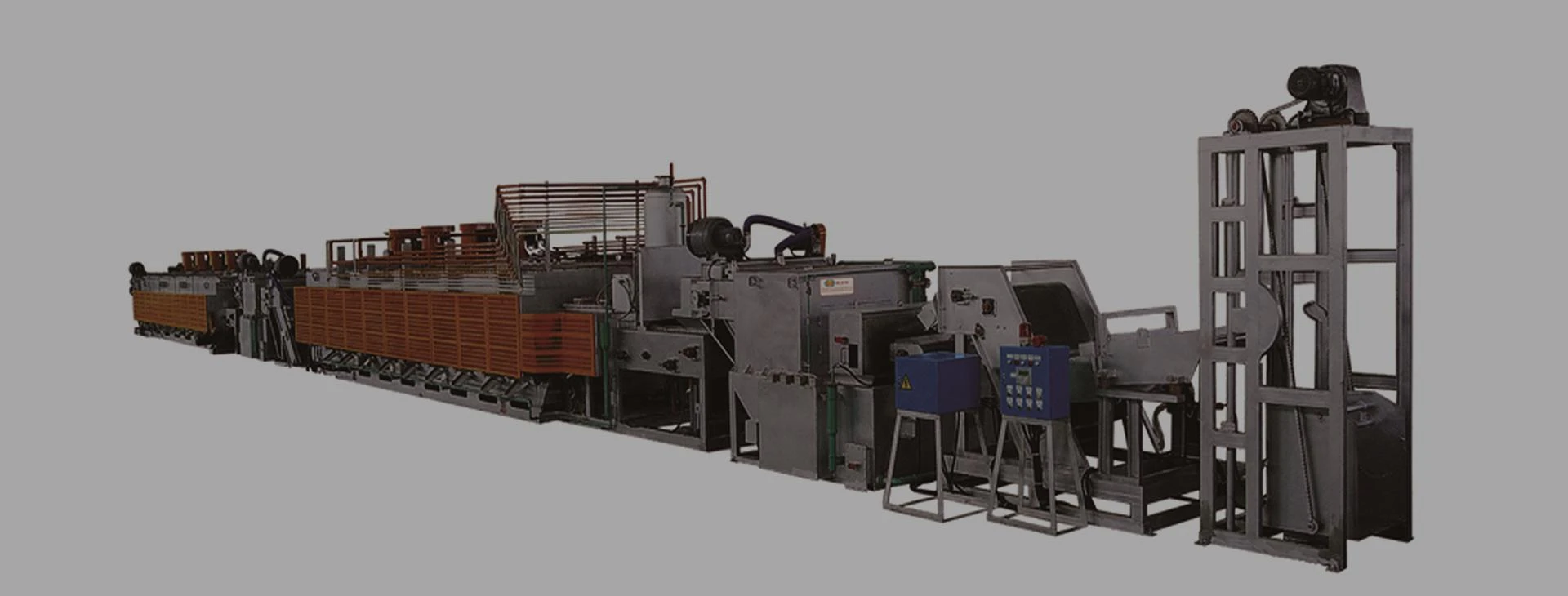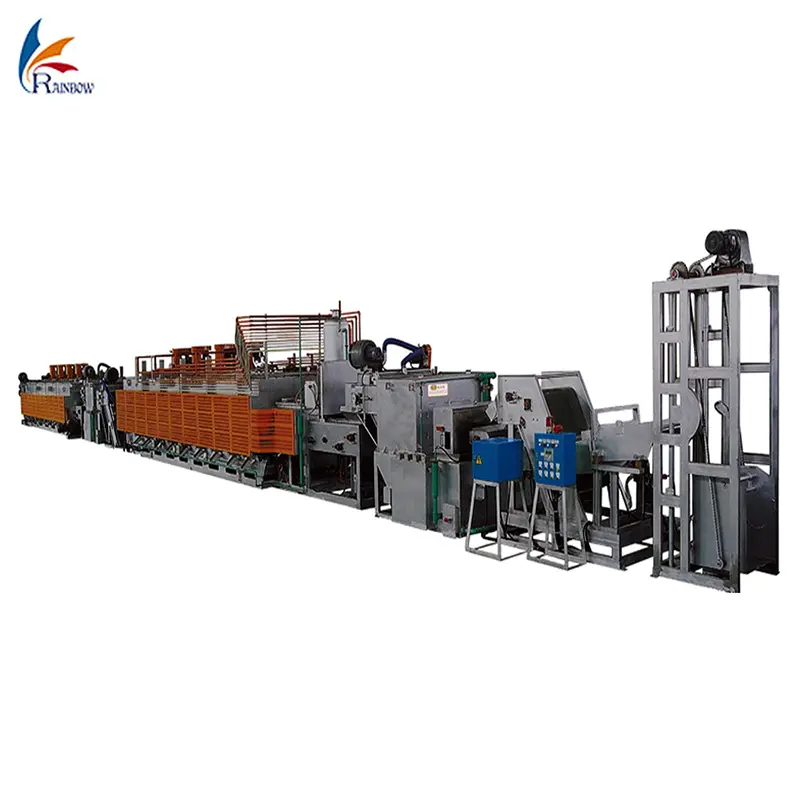Heat treatment equipment is available in various types, each designed for specific processes and applications. Common types include batch furnaces, continuous mesh belt furnaces, vacuum furnaces, induction heating equipment, electric heat treatment furnaces, salt bath furnaces, atmosphere controlled furnaces, and protective atmosphere generators.
Batch furnaces are versatile and suitable for small to medium-sized production runs, offering control over temperature, atmosphere, and heating rates.
Continuous furnaces are designed for high-volume production and continuous heat treatment processes, while vacuum furnaces create low oxygen levels for precise control. Induction heating equipment offers fast and localized heating, while salt bath furnaces use molten salt for rapid heating.
Atmosphere controlled furnaces create a controlled atmosphere environment for processes like carburizing, carbonitriding, and bright annealing.
Protective atmosphere generators maintain a specific atmosphere during the heat treatment process.
Each type of equipment has its advantages and is selected based on the specific requirements of the heat treatment process and the materials being treated.
 English
English français
français Español
Español русский
русский português
português







